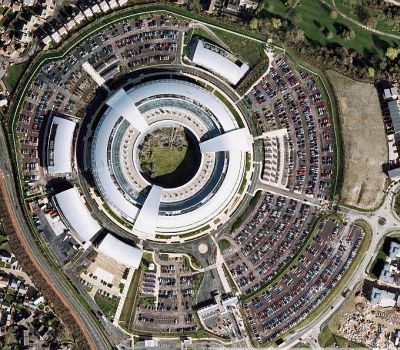Intelligence Committee To Probe GCHQ Snooping Powers

ISC looking into balance between security and privacy after explosive Snowden leaks
The Intelligence and Security Committee is to investigate the powers granted to GCHQ for surveillance operations, after the many leaks of whistleblower Edward Snowden revealed widespread snooping on communications.
The committee had already decided GCHQ had not broken the law in intercepting people’s data, whether over the Internet or otherwise. Leaked documents indicated GCHQ was working with communications providers to tap fibre lines transmitting data in and out of the UK.
 GCHQ infringement on privacy
GCHQ infringement on privacy
Various privacy groups, including Big Brother Watch and Privacy International, have criticised the secrecy around the intelligence agency’s activities, taking their fight to European and UK courts to challenge the legality of GCHQ’s operations.
The ISC was already planning an inquiry, but was not planning to look in-depth at privacy issues. That has now changed with a broadening of the investigation to “examine the appropriate balance between privacy and security”.
“It is proper to consider further whether the current statutory framework governing access to private communications remains adequate,” the committee said today.
“In some areas the legislation is expressed in general terms and more detailed policies and procedures have, rightly, been put in place around this work by GCHQ in order to ensure compliance with their statutory obligations under the Human Rights Act 1998.
“We are therefore examining the complex interaction between the Intelligence Services Act, the Human Rights Act and the Regulation of Investigatory Powers Act, and the policies and procedures that underpin them, further.”
Chairman of the ISC, Sir Malcolm Rifkind MP, said there was “a balance to be found between our individual right to privacy and our collective right to security”.
Privacy International said Rifkind did not appear to be carrying out an independent review. “The credibility of the ISC will continue to decline while the chair of the committee, Sir Malcom Rifkind, acts as the government’s first line of defence, rather than objectively scrutinizing the facts,” said Eric King, head of research at Privacy International.
“While we welcome greater public discussion around the failings of the intelligence services, and look forward to being invited to give evidence to the inquiry and hearing the public evidence sessions, we have grave concerns about the impartiality of the committee.”
The latest Snowden leaks indicated the US National Security Agency, a close partner of GCHQ, was picking up hundreds of millions of email users’ address books every year.
